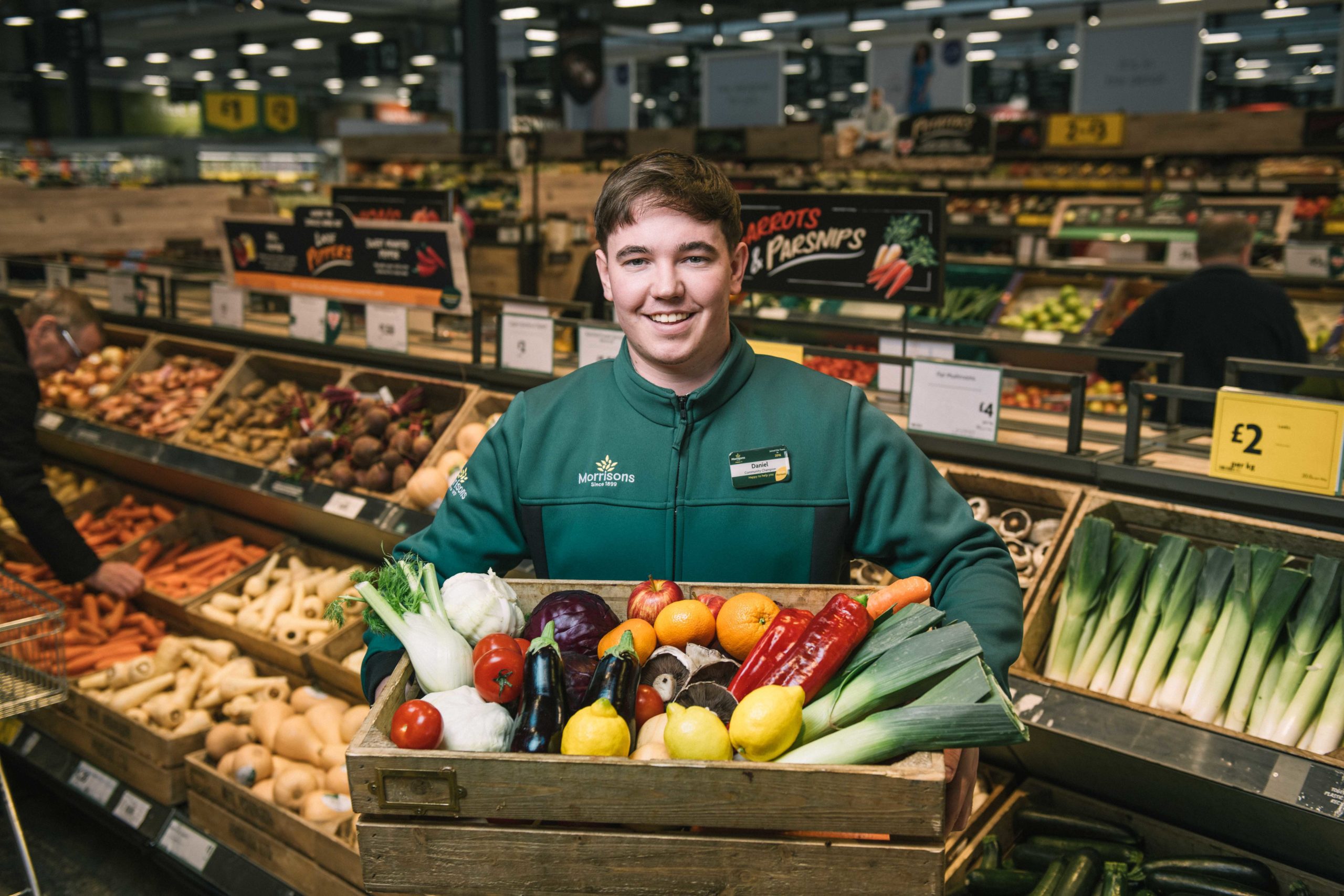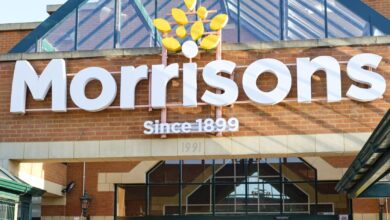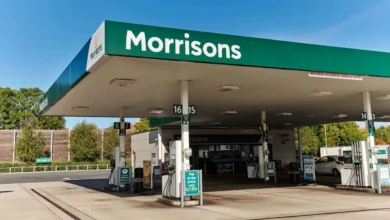Supermarkets
Morrisons pledges to have first net zero UK farms by 2030
The supermarket chain is planning to work with 3,000 British farmers over the next decade to produce affordable and environmentally-friendly meat, poultry and vegetables

Morrisons has announced its pledge to become the first UK supermarket to be solely supplied by net zero farms by 2030.
You'll need to
subscribe to unlock this content. Already subscribed? Login?






